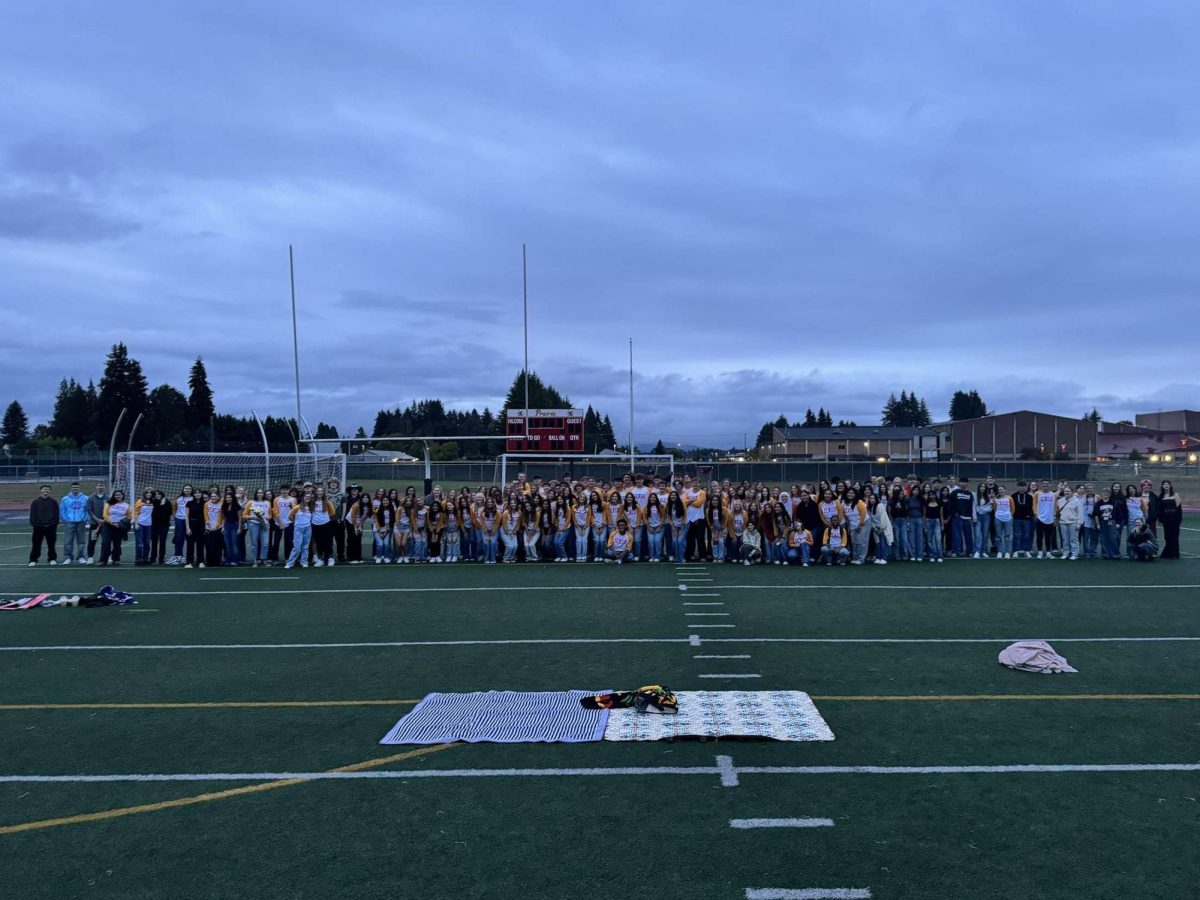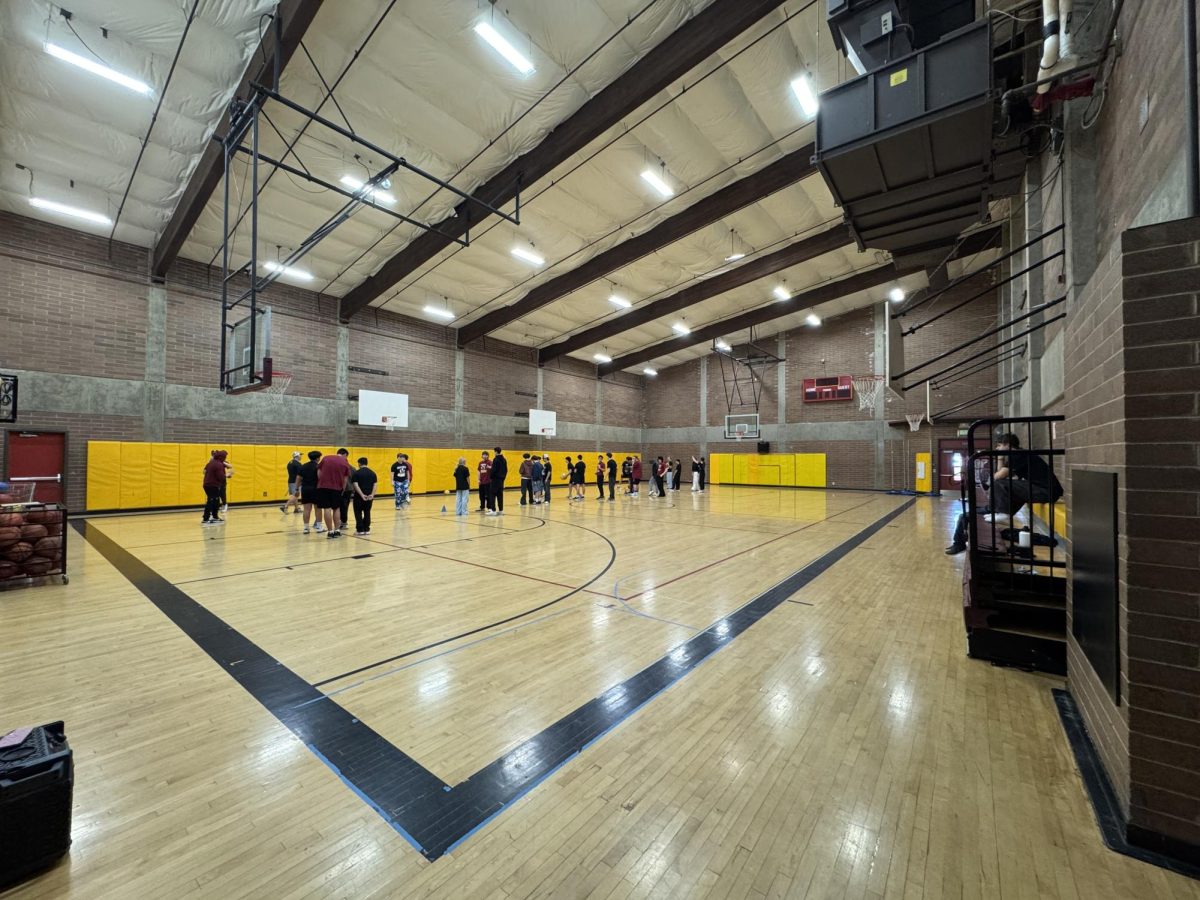As everyone returns to school after a much-needed Winter Break the excitement of the holidays is fogged by an all too familiar challenge for many seniors: senioritis. This phenomenon, commonly marked by a decline in effort and motivation, can make the end of the semester and final months of high school feel like an uphill battle for many seniors.
The start of the senior year brings many “lasts,” like the last first day of high school, and just as many “firsts.” While the excitement is ever-present, it can quickly give way to the reality of the long haul ahead until graduation, as it did for senior Maya Bohac. As her senior year has progressed Maya, who both works and dances outside of school, has been increasingly experiencing senioritis since the beginning of the year. Reflecting on her year, she admitted, “I have skipped more classes this year than any year past.”. The struggle only furthers as students return to school from a long winter break and have not had to worry about schoolwork. “After winter break it (senioritis) has gotten a lot worse because we are now closer to graduation and having finals at the end of the month is very stressful,” Maya states, “so it’s easier just to not go to school and not think about it.”
For many high school seniors, the causes of senioritis can stem from all places, whether it be school and extracurricular overload, academic burnout and fatigue, or the uncertainty of the future. For senior Lorelei Marinescu, the causes lie more in schools’ fatiguing and routine nature. “You’re just tired of going to school,” she explained, “we are just used to the same schedule all the time.” With her busy schedule of working almost every day and playing club volleyball, the mundaneness of school makes it easier for senioritis to set in.
Students, however, aren’t the only ones who see the struggle. History teacher Tina Bump teaches all senior-only classes and has first-hand experience with how senioritis can impact academic performance. Throughout the year she notices some common signs with those affected such as “when kids are not regularly attending class or they are half-day kind of kids,” she explains, “it gets really bad when the sun comes out in the spring”. And while the never-ending nature of senior year seems daunting, teachers like Bump want to support seniors in the best way they can. In her years of teaching seniors, she has found ways to accommodate the needs of students and while all students may not need them, “having a conversation goes a long way,” she states.
While senioritis is a universal challenge for those in their final year, seniors need to remember to stay dedicated and push through their final months of high school. Lorelei shares her advice for underclassmen recommending, “take your hardest classes first so that you can have senioritis without it being bad”. On the other hand, Bump shares her advice for current seniors. “Just remember that this is the best time of your life and you enjoy what’s going on outside of school,” she remarks, “but realize this could be the last few moments that you have to spend with your class with your friends”. After recently entering their official graduation year, by following this advice, our seniors can look forward to walking across the stage on June 5.









